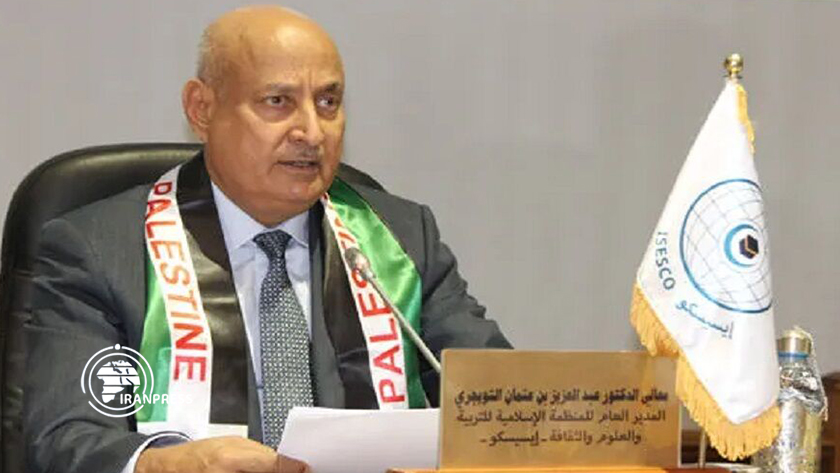Controversial MBC Report Sparks Regional Outrage Over Palestine
The Middle East has once again been stirred by a media controversy, this time involving the Saudi MBC channel, which recently aired a report that was perceived as derogatory toward senior commanders and martyred leaders of the Palestinian resistance. The broadcast has attracted widespread condemnation from notable political and social figures across the region, highlighting the sensitive nature of the Israeli-Palestinian conflict.
One of the outspoken critics of the report is Abdulaziz bin Othman Al-Tuwaijri, the former Director-General of the Islamic World Educational, Scientific and Cultural Organization (ISESCO). He took to social media platform X, formerly known as Twitter, to voice his displeasure. Al-Tuwaijri said, "We have been raised since childhood to believe that the occupiers have usurped the land of Palestine and are a dagger in the body of the Islamic nation and its enemy." His statement reinforces a longstanding view held by many in the Arab and Islamic world, which paints the Israeli presence in Palestine as an occupation that must be resisted.
The backlash has not been limited to verbal condemnations. The media regulator in Saudi Arabia responded by summoning the executives of MBC, a significant step indicating the gravity of the situation. MBC, as one of the most popular satellite television channels in the Arab world, reaches millions of viewers—not just in the Middle East but also in the global Arab diaspora. Thus, its editorial choices carry considerable influence and weight.
The controversy has also ignited reactions beyond Saudi borders, most notably from Hamas, the Palestinian Islamic organization governing the Gaza Strip. Hamas denounced the report, which aligns with their ongoing narrative against any normalization of relations with Israel or discourse that seemingly legitimizes the Israeli state.
This incident underscores the ongoing tensions between different factions within the Middle East over the issue of Palestine, even as some states have moved towards normalizing relations with Israel. In recent years, several Gulf states, including the United Arab Emirates and Bahrain, have signed agreements to normalize relations with Israel as part of the U.S.-brokered Abraham Accords. These agreements have resulted in a shift within regional geopolitics but have also sparked internal debates and divisions among others in the Middle East who remain steadfast in their opposition to Israeli policies in Palestinian territories.
The timing of this controversy is critical, as many nations in the Arab and Islamic world continue to grapple with their stance on the Israeli-Palestinian conflict amid increased international pressure for peace and diplomacy. It reveals the intricate dynamics of media influence, political alliances, and ideological battles that remain ever-present in the region.
While the full ramifications of MBC’s report are yet to be seen, it’s clear that the Israeli-Palestinian conflict remains a deeply divisive issue that continues to evoke strong emotions and actions across the Middle East. In the coming days, how this incident is handled by Saudi authorities and influential regional players could further delineate the ideological lines that persist within the Arab world.
For more information about Abdulaziz bin Othman Al-Tuwaijri and his previous work, visit ISESCO.
